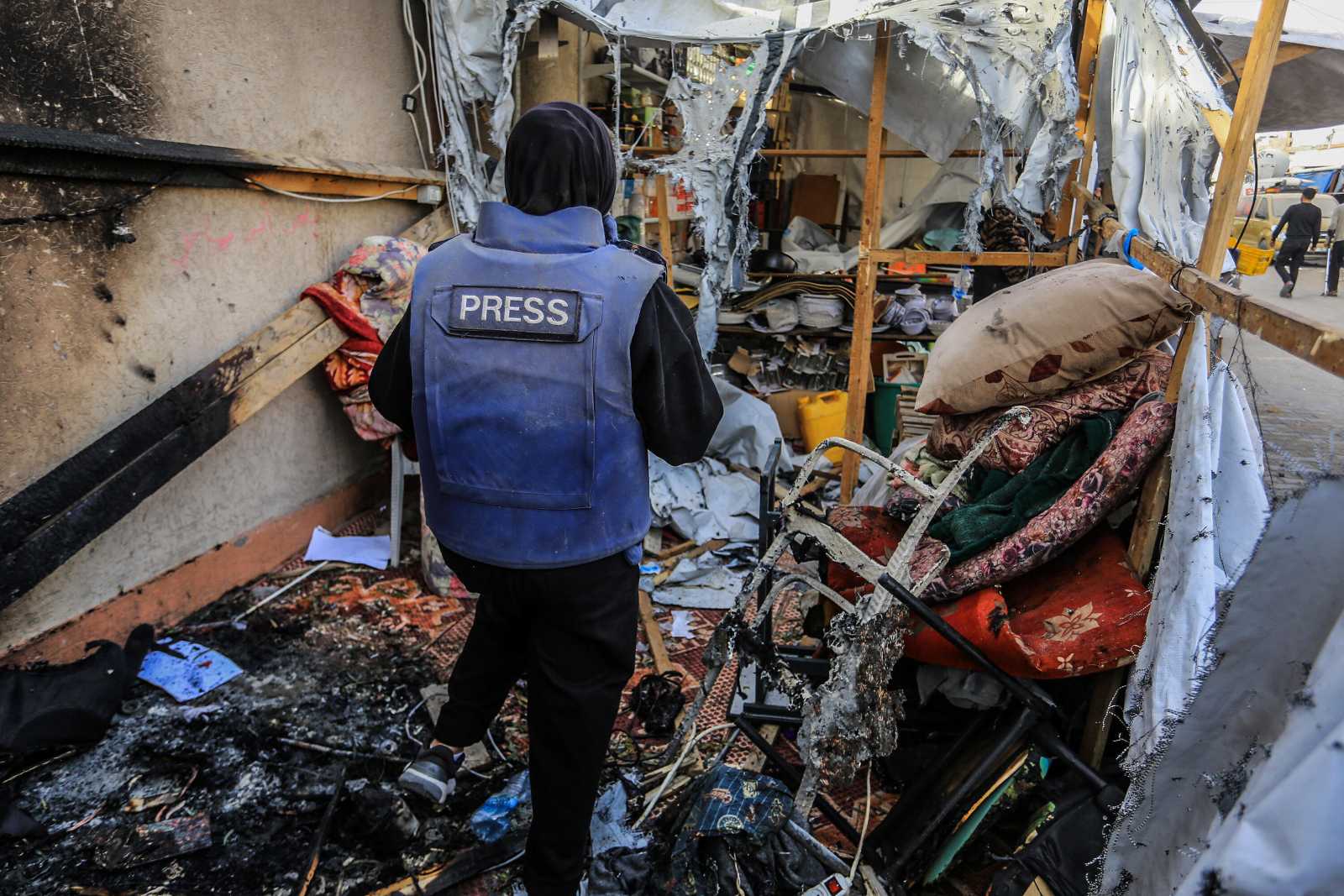Security
Gaddafi’s toxic legacy
By Caroline Triml
The military support for rebels who toppled Muammar Gaddafi, Libya’s dictator of four decades, has led to new tensions between western and African governments, as is pointed out in a recent research paper from the SWP, the governmental German Institute for International and Security Affairs. Its authors Wolfram Lacher and Denis M. Tull argue that many members of the African Union (AU) opposed the intervention because it stood in the way of peace talks. The SWP researchers warn, future cooperation may be impeded by NATO’s decision to act in spite of African misgivings.
The two scholars stress that international policymakers need allies in Africa, for instance to tackle the issue of climate change. They state, moreover, that the “neo-colonial” approach to Libya has made coordinated action in the Syrian crisis more difficult as South Africa, for example, has opposed a stricter stance towards the Assad regime. African governments, however, do not agree on all issues, and the fact that rebels took Tripoli made some conflicts re-emerge. Lacher and Tull doubt that the AU is in a position to assume leadership in the continent after the events in Libya and the troubles in Côte d´Ivoire, where French troops helped to arrest Laurent Gbagbo, the president who tried to stay in office in spite of having lost an election.
Destabilised region
Gaddafi was one of the founders of the AU and a driving force, the SWP study states. Now that he is dead, the AU has lost a source of funds. While Gaddafi used some of his oil money in support of rebels, he also promoted peace agreements and the rehabilitation of combatants in other places. As D+C/E+Z went to press, the media reported a military coup had toppled the government in Mali. International bodies like the UN, the EU and the African Development Bank expressed their criticism. In the SWP study, the authors had warned that countries in the region had reason to fear intensifying conflict.
For the Sahel region, they argue, the revolution in Libya created a “power vacuum” since many people got access to weapons, and arms smuggling across borders increased. Thousands of mercenaries who fought on Gaddafi’s side decided to return home, exacerbating conflicts in Sudan, Chad, Niger, Mali and northern Nigeria. The study states that Mali and Niger in particular lack the resources to re-integrate former combatants into society. In Mali, rebel Tuaregs and the military have been fighting since January. The soldiers who staged the coup said the government had not been handling that crisis well.
In the meantime, Libya is busy rebuilding its security forces. The National Transitional Council’s relations with Algeria, Mali, Niger and Chad are tense. Various governments are accusing one another to be supporting Al Qaida in the Islamic Maghreb, and there is distrust of the USA and Europe. As Lacher and Tull point out, however, unless the countries concerned cooperate regionally, they will not have any bearing on international affairs – and they are certainly unable to enforce international law on their own.
Though the authors argue that Gaddafi’s death means there is one less destabilising force in the region in the long run, they warn that, in the short run, it has made things more complicated. People in Cyrenaika, the oil-rich east of Libya, are demanding autonomy, which makes it harder to reach peaceful agreements. As Libya prepares for elections in June, its neighbours should probably prepare for growing tensions.
Caroline Triml







